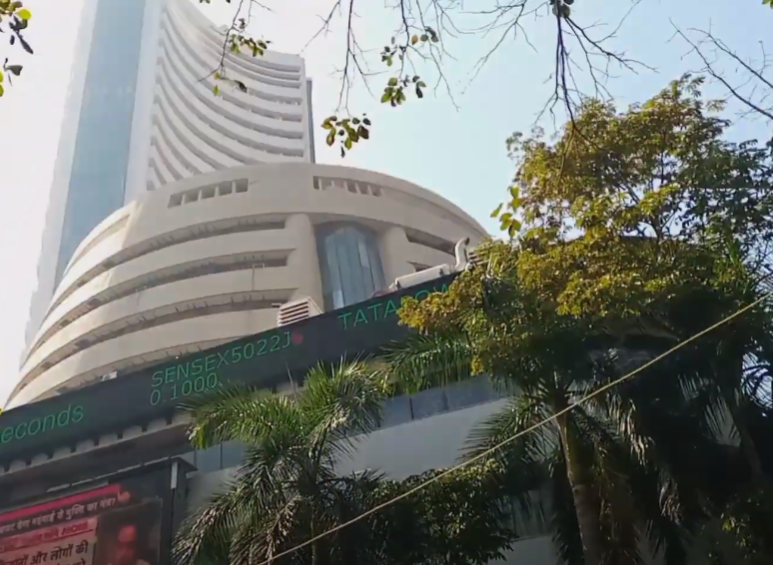Conflict between Iran and Israel: Should stock market investors be concerned?
Should stock market investors be prepared for the consequences of the escalating tensions in the Middle East? Find out what it means for Dalal Street by reading on.
The Sensex has dropped more than 1,250 points in early trade as tensions in the Middle East worsen. Retail investors naturally ask if this is the right moment to worry.
Around 11:30 am, the market capitalization of BSE-listed businesses fell by Rs 6 lakh crore, and the Sensex dropped 1,251.97 points to 83,014.32 points.
Conversely, the NSE Nifty 50 fell 379.60 points, closing at 25,417.30.
The spike in oil prices is a major worry, even if the immediate impacts on international markets are still being felt.
Fears of possible oil supply disruptions sparked by Iran’s missile strikes on Israel have caused Brent crude to surpass $75 per barrel and West Texas Intermediate to reach $72.
An oil-importing country like India may see higher inflationary pressures as a result of this jump.
The chief investment strategist at Geojit Financial Services, Dr. VK Vijayakumar, stated: “Crude prices may rise sharply if Israel hits Iranian oil infrastructure. Particularly hurting would be oil importers like India.
Increasing oil prices usually result in higher company costs, higher transportation costs, and perhaps lower corporate profitability, all of which have an adverse effect on the stock market.
How should investors proceed?
Experts in the market advise taking extra precautions while things are unclear.
In times of global unrest, Vijayakumar suggests diversifying investments into different industries like FMCG and medicines. These sectors also have lower volatility.
Dr. Manoranajan Sharma, Chief Economist of Infomerics Ratings, contributed to the tone of concern by providing more in-depth explanations of the conflict’s wider ramifications.
“The missile strikes by Iran and the possibility of Israeli retaliation represent another significant flashpoint in the Middle East war scenario,” he said. With the US strongly behind Israel, we might see a dramatic escalation. Given the likelihood of these geopolitical tensions continuing, investors should prepare for volatility.
Long-term investors may find it advantageous to remain calm and look for safer industries at these periods when the market is responding quickly to news, but experts firmly feel that it is crucial to keep up with changes in the geopolitical scene.
“For long-term investors, this correction offers a good buying opportunity in large-cap stocks, where valuations have become more attractive,” stated Santosh Meena, Head of Research at Swastika Investmart. Sector rotation is something we are seeing, and equities linked to commodities could do well in the foreseeable future.”
Disclaimer: The above article is for educational and news purposes, this is not a buying or selling recommendation. TraderPulse recommends that users to check with certified experts before making any investment decisions.




2 thoughts on “Conflict between Iran and Israel: Should stock market investors be concerned?”